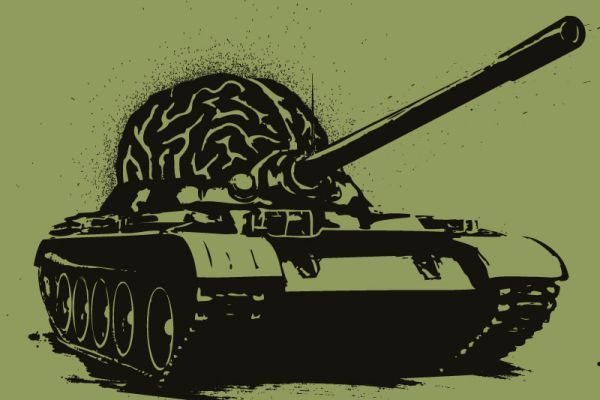Published on the 30/03/2015 | Written by Beverley Head

Australia’s telecommunications industry body has announced plans to review rules and laws that might impede internet-of-things (IoT) deployments…
Communications Alliance chief executive officer John Stanton has announced the establishment of a think tank to explore IoT issues including the technology enablers required for robust deployment and the extent to which the current regulatory framework is able to handle massive sensor and autonomous systems rollouts.
Stanton, speaking at the RewindFastForward internet conference in Sydney last week warned that “elements of the current regulatory framework will be smashed or rent asunder,” by the arrival of widespread IoT deployments.
The think tank plans to consider issues including roaming rules; numbering schemes which may require a move to 16 digit numbers for devices which you are not going to call, but which will need to be connected; data sovereignty; identity management and privacy.
Stanton also stressed the need for a review of network access security posing the conundrum: “What happens if networks go down and millions of things try to authenticate simultaneously?”
The body will also consider spectrum allocation and cost; ease of access to low-cost/low-data access networks; and the growing commercial value of information which may require new commercial models.
Stanton said that Communications Alliance was currently seeking partners for the project which was intended to develop a series of recommendations for further consideration.
Australia’s progress in IoT was a feature of the conference, with industry and academics speaking about the potential impact on a series of vertical sectors and the broader economy.
Professor Salah Sukkarieh, director of research and innovation at the Australian Centre for Field Robotics, said that a team of 130 was now working out how connected devices would impact various industry sectors. Horticulture was a particular challenge he said, but predicted that within 10-20 years IoT would allow the deployment of adaptive farming systems where farmers became “not so much growers, but would be running a business with a lot of the systems making decisions for you”.
That, he acknowledged, would lead to structural change in the economy where a lot of current jobs would be automated out of existence.
John Stanton said that it was not yet clear whether the benefits and disadvantages associated with IoT would fall equitably. “The article of faith is that the IoT will unlock new business with benefits for society – though it does put some livelihoods at risk,” he said.



























